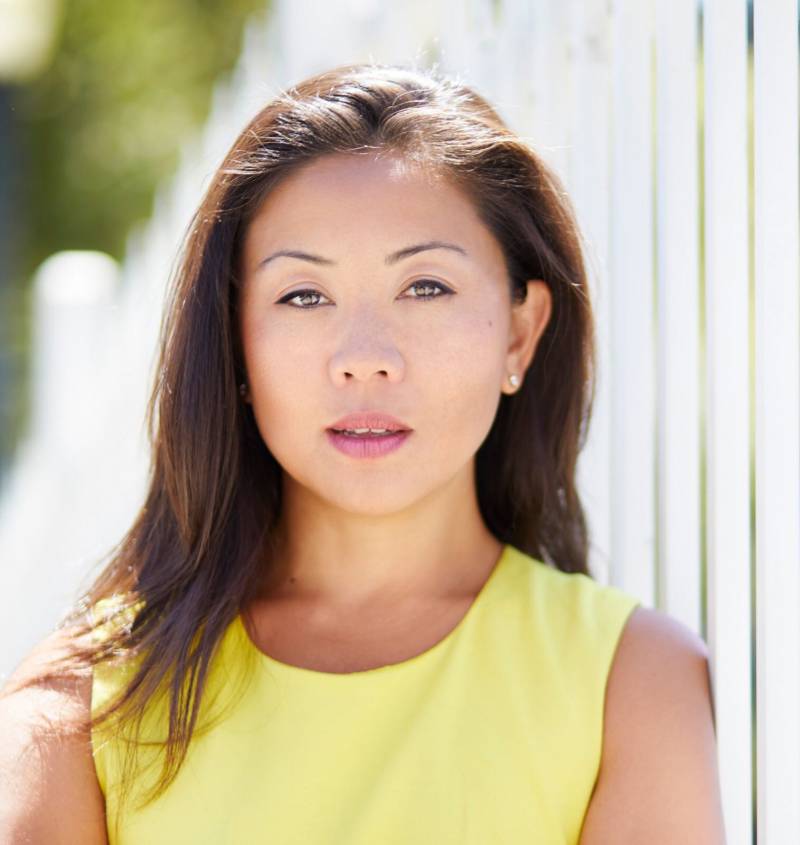The sex industry is all around us, but there’s a lot of grey area when it comes to understanding the different types of involvement. Involvement can include everything from people who dance on poles, to people who dominate others with whips and chains, to people selling sex on the streets.
And in understanding this spectrum, it should be made clear that there can be a big difference between sex trafficking and consensual sex work. Sex trafficking is coercing someone (sometimes an underaged person) to have sex for money. Consensual sex work is when people choose to participate in the exchange.
But not everyone knows that.
Luckily, there are people like Dr. Connie Wun, founder of the AAPI Women Lead organization and is an adjunct professor at Mills College in Oakland. Dr. Wun wants to deepen the public’s understanding of the sex industry. On top of that, she wants to address how schools relate to the sex industry. She says while schools are often seen as some sort of safe space, they can also be oppressive, punitive and hurtful to young people.
Dr. Wun’s work is based in research, as well as her personal experience as a former counselor and a former consensual sex worker.


